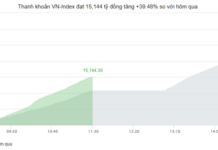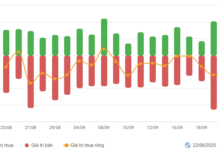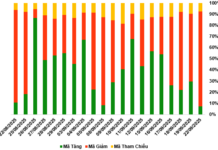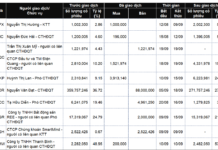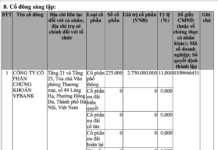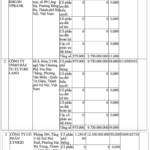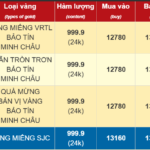Long-Term Strategy
Speaking at the seminar titled “Legal Framework for International Financial Centers (IFC): Foreign Experiences and References for Ho Chi Minh City” on September 20, Deputy Minister of Justice Phan Chí Hiếu emphasized that Resolution 222/2025/QH15 on the International Financial Center (IFC) in Vietnam, effective from September 1, has established a crucial legal framework for the development of an IFC in Vietnam.
The Prime Minister has also issued directives to gradually build and establish IFCs in Ho Chi Minh City and Da Nang. As the largest economic hub in the country, Ho Chi Minh City is actively taking the necessary steps to develop an IFC.
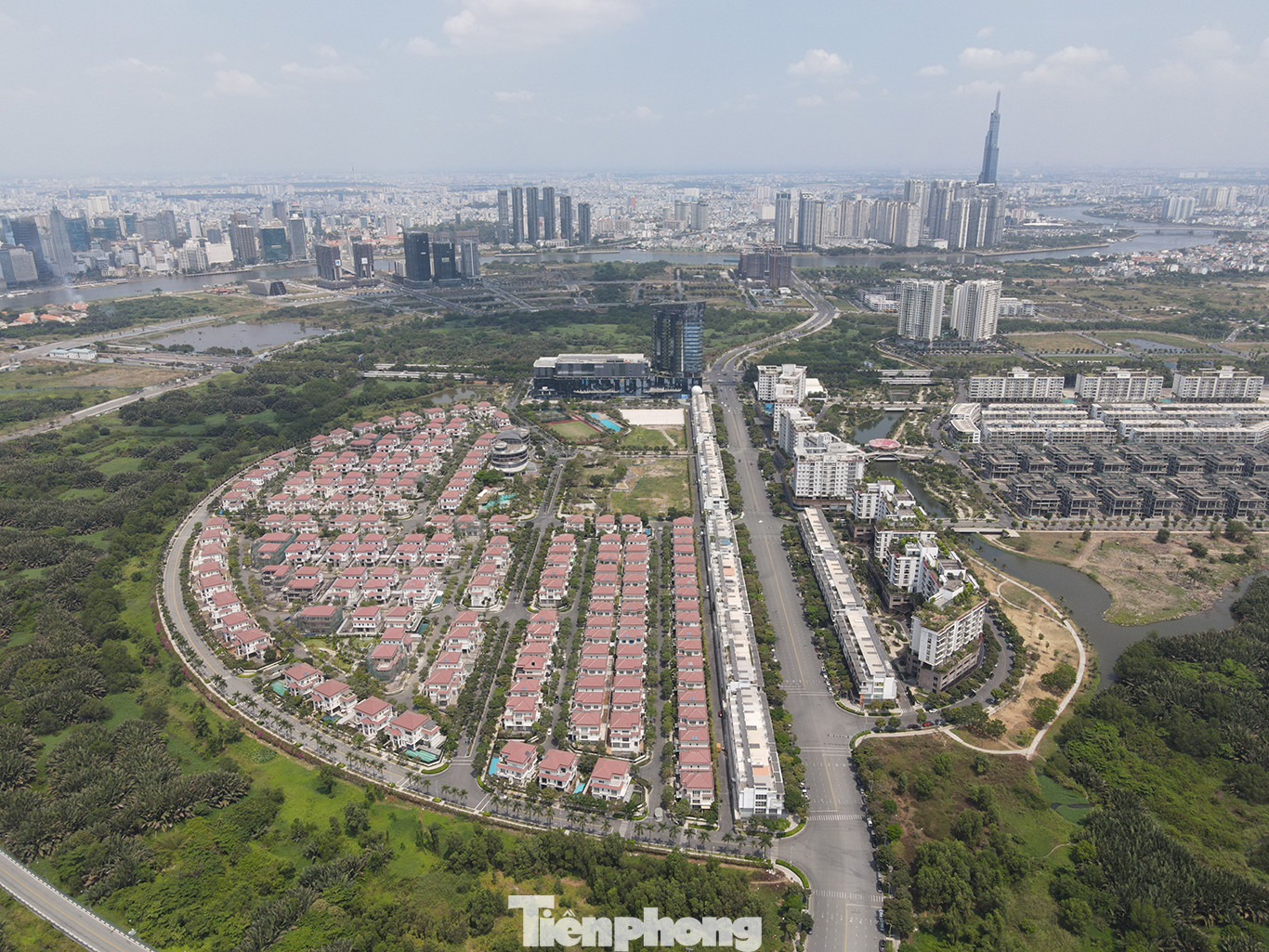
The International Financial Center will be headquartered in the Thu Thiem New Urban Area.
Deputy Minister Phan Chí Hiếu affirmed that establishing an IFC is not merely an economic development project but a long-term strategy to elevate Vietnam’s position on the global financial map. To achieve this, Ho Chi Minh City requires a comprehensive legal framework, high-quality human resources, and international expertise.
Meanwhile, Dr. Lê Trường Sơn, Rector of Ho Chi Minh City University of Law, believes that an IFC is not just a hub for capital mobilization and allocation but also a catalyst for innovation and risk management. He stressed that with the right strategy and legal framework, Ho Chi Minh City can become a successful IFC. Successful models from IFCs like Singapore, Dubai, and Hong Kong offer valuable lessons for Vietnam.
Michael Jaewuk Chin, Independent Board Member of Line Man Wongnai, noted that Vietnam’s ambition to build an IFC is commendable. Reflecting on South Korea’s experience 20 years ago, he mentioned that while South Korea did not become a dominant IFC in Northeast Asia, it achieved partial success by developing a robust domestic financial market with high liquidity. This enabled local investors and financial institutions to compete globally.
70% Completed
Richard D. McClellan, Vice Chairman of the Advisory Council for Vietnam’s IFC, stated that Vietnam has completed approximately 70% of its legal and policy framework, which will soon be enacted.
The proposed governance model includes three specialized agencies: an operational management body, a supervisory body to ensure compliance, and a dispute resolution mechanism, including an international arbitration center and potentially a specialized court, inspired by Dubai’s International Financial Centre (DIFC).

Vietnam has completed approximately 70% of its legal and policy framework, which will soon be enacted.
McClellan added that Vietnam must continue building long-term investor trust through policy transparency and consistency. He also emphasized learning from global financial centers like Dubai, Singapore, and Hong Kong, where clear legal environments and investor protections are key.
He advised Ho Chi Minh City and Da Nang to proactively prepare mechanisms and human resources early, rather than waiting until the last minute. Developing an IFC requires high intellectual capacity and innovation, along with effective dispute resolution mechanisms, particularly through international courts, to protect investor interests and ensure sustainable growth.
Prof. Dr. Lê Hồng Hạnh, Chairman of the Vietnam International Arbitration Centre (VIAC), recommended that Vietnam adopt a modern, transparent legal framework and efficient dispute resolution mechanisms. Without these, an IFC risks becoming a paper tiger.
Hạnh suggested that Vietnam adopt the Cambridge model, emphasizing transparency, contractual freedom, and effective dispute resolution, as a foundation for Ho Chi Minh City and Da Nang to become genuine IFCs.
“The legal framework must include an appropriate governance model, clear applicable laws, and transparent dispute resolution mechanisms. Experiences from Dubai and Astana show that these centers have the authority to enact their own laws and maintain distinct legal systems, which attract international investors,” Hạnh noted.
Additionally, establishing an IFC presents an opportunity for Vietnam to assert its position on the global financial stage. However, Ho Chi Minh City must prepare early in terms of mechanisms and human resources, avoiding last-minute rushes.
Crafting a Clear Legal Framework to Enhance Protection for Depositors’ Rights
The 49th session of the National Assembly Standing Committee deliberated on the draft amendments to the Deposit Insurance Law, aiming to establish a clear legal framework, enhance the protection of depositors’ rights, and ensure the stability of the financial system.
Breaking: Another Securities Firm Invests in Establishing a Crypto Asset Trading Platform
CAEX is a registered entity specializing in providing services related to cryptocurrency and digital assets.

